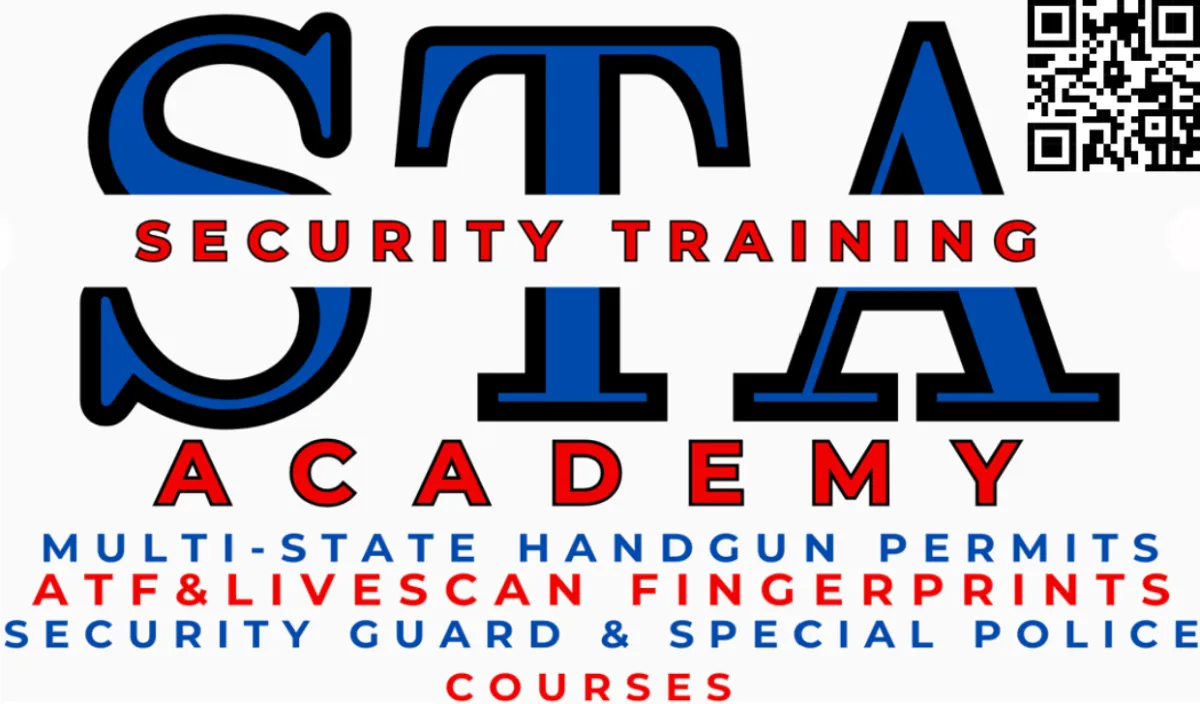How to Become a Security Guard in Marylandlog Post
How to Become a Security Guard in Maryland: Training, Requirements & Certification
If you're considering a career in private security, Maryland is a great place to start. Whether you're aiming to work unarmed or armed, the state has clear guidelines on what training and licensing you need to begin working legally and safely. In this blog, we’ll walk you through everything you need to know about security guard training in Maryland—from basic qualifications to certification and ongoing education.
Why Security Guard Training Matters
Security guards play a vital role in maintaining public safety and protecting property. From patrolling private property to handling emergencies, the responsibilities are real—and so are the risks. Proper training ensures you are fully prepared to handle these challenges with confidence and professionalism.
Step 1: Meet the Basic Requirements
To work as a security guard in Maryland, you must:
Be at least 18 years old
Possess a high school diploma or GED
Have no felony convictions or serious criminal history
Be a U.S. citizen or legal resident
Submit to a fingerprint background check
Step 2: Complete Security Guard Training
Unarmed Security Guard Training
In Maryland, unarmed security guards must complete training that includes:
Legal powers and limitations
Communication and de-escalation techniques
Emergency response
Report writing
Customer service and professional conduct
Many employers offer in-house training, but enrolling in a certified training program can give you a competitive edge.
Armed Security Guard Training
If you plan to carry a firearm on duty, you’ll need to take additional steps:
Complete a Maryland State Police-approved handgun training course
Pass a background check and obtain a Wear and Carry Permit
Qualify at a shooting range under the supervision of a licensed firearms instructor
This training covers safety, legal responsibilities, handling and storage, and live-fire exercises.
Step 3: Apply for a Security Guard Certification
To become licensed, you must apply through the Maryland State Police Security Guard Licensing Division. Here’s what you'll need:
Completed application form
Fingerprint card and background check
Training certificates (for armed guards)
Application fee (varies based on type of license)
The license is typically valid for three years, with renewal requirements that may include refresher training.
Step 4: Find Employment and Continue Training
Once licensed, you can begin applying to private security companies across Maryland. Many employers require ongoing or annual training to keep your skills sharp and ensure compliance with state laws.
Pro Tip:
Look for employers that offer continuing education, CPR/first aid certifications, and firearms requalification courses—especially if you want to advance your career in private security.
Final Thoughts
Security guard training in Maryland is a structured process designed to ensure all professionals are properly trained and equipped to protect people and property. Whether you’re starting as an unarmed guard or looking to carry a firearm, Maryland provides clear paths and reputable training programs to help you succeed.

We Have Students From All Over Maryland:
Allegany County ,maryland | Anne Arundel County | Baltimore County | Calvert County | Caroline County | Carroll County | Cecil County | Charles County | Dorchester County | Frederick County | Garrett County | Harford County | Howard County |Kent County | Montgomery County | Prince George’s County | Queen Anne’s County | St. Mary’s County | Somerset County | Talbot County | Washington County | Wicomico County | Worcester County

